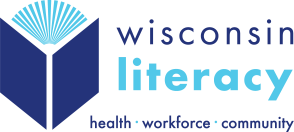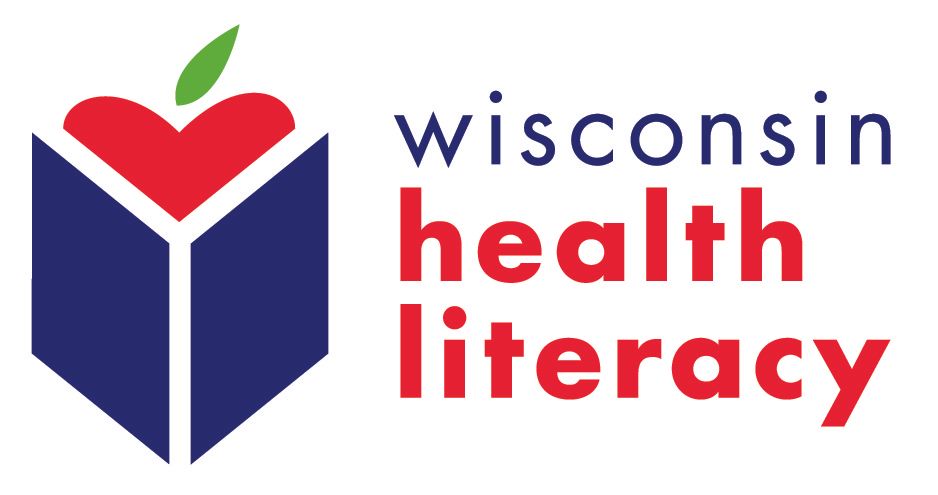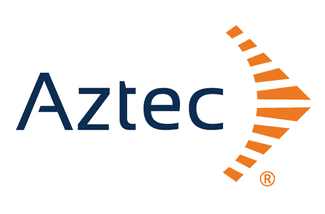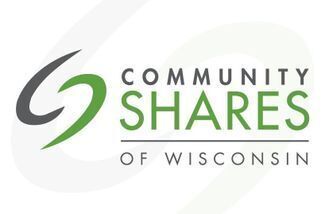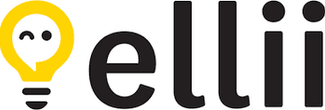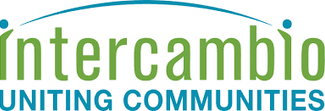
Agenda
Compassion Resilience
Presenter: Hanna Maechtle, Community Learning and Engagement Training Lead, Rogers Behavioral Health
Compassion Fatigue is what you feel when you are continually exposed to the daily witnessing of the challenges that those we work with and serve experience and the complications of any workplace. Compassion Fatigue includes burnout, secondary trauma, stress, and feeling overwhelmed - all things that are normal for employees to face. In order to combat this, we work to get to a place of Compassion Resilience - a place of empathy, strength, and hope despite being faced with complexities mentioned before. In this hour long, interactive presentation, take a deeper look at the cycle of Compassion Fatigue, what drives that fatigue, and begin to explore strategies to put into place that support Compassion Resilience and our own wellbeing through the Compassion Resilience Toolkit.
Introduction to Artificial Intelligence (AI) in Adult Education
Presenter: Antonella Diaz, Latino Academy of Workforce Development
The "Introduction to Artificial Intelligence" presentation demystifies AI, illustrating its workings through examples like chatbots and image generation. It explores AI's core mechanics, highlighting its data-driven nature, pattern recognition, and predictive capabilities. The presentation shows AI's versatility in data analysis, automation, and decision support. It culminates by showcasing AI's potential in enhancing programs, proposing personalized learning paths, skills assessment, and tailored employment support for adult learners.
TABE Online Updates – Online Workforce Reports, TABE 13 & 14 and More
Presenter: Michele Ruszkowski, Data Recognition Corporation
Participants will learn how to access and generate Workforce Reports and the benefits of implementing them in their programs. There will also be a review of the new TABE 13 & 14.
Explore ReadLife Bookshelf: A Multigenerational Digital Reading Collection
Presenter: Pamela Cote, Senior Director of Curriculum and Training, Barbara Bush Foundation for Family Literacy
The Barbara Bush Foundation for Family Literacy and Worldreader partnered to develop ReadLife Bookshelf, a multigenerational digital reading collection for adults, children, families, and educators. The collection includes a variety of high interest texts for adult learners spanning a range of reading levels and a diverse selection of books for families to read together. Each month, a new collection of books is launched with guided activities for each book and an instructor resource guide. The collection is bilingual (English and Spanish) and offers anytime, anywhere access. This interactive presentation is designed for practitioners at all levels of expertise. Participants will learn about this resource and how it can provide impactful reading and engagement time for adult learners and families. Time will be given to explore the resource, share ideas, and plan how to best utilize it in programming.
Tutor Recruitment, Retention & Training
Presenters: Cheryl Hernandez and Cassie Christianson, Kenosha Literacy Council and Beth Gaytan, Wisconsin Literacy
Hear how a medium size agency recruits and retains their volunteers, while getting a bird's eye view of Wisconsin Literacy's new Tutor Training series.
Workplace Literacy Networking: Questions and Answers
Presenters: Gail Wilke panelist, Workplace Literacy Program Director, Family Resource Center and Beth Gaytan, Wisconsin Literacy
Gail Wilke (Sheboygan Literacy) and Beth Gaytan (Wisconsin Literacy) will share tips and lessons learned around starting, building, maintaining, and funding workplace literacy programs. Bring your questions and experiences to share with the group!
This session was not recorded.
Tools and Tips for Soft Skills Evaluation
Presenters: Dr. Susan McKee and Clint Massey, Pace Learning Systems
What makes soft skills evaluation different from technical skills assessment/evaluation? Why is it so much more difficult? This workshop will focus on selecting the best combination of tools and tips to evaluate and document soft skills learning progress on a personalized basis. We will discuss differences between objective and subjective evaluation, including specific methods and resources, and how to best use evaluation findings to promote each individual student, the teacher, and the soft skills program.
Bridging the Gap: Applying PK-12 Reading Research and Strategies to Adult Literacy
Presenter: Tamara Mouw, M.H.R., M.Ed.
This session will explore how PK-12 reading research and practices can be effectively applied to adult learners, providing a bridge between foundational literacy principles and the unique needs of adult learners.
Integrate Refugee Community Videos into Your Lessons
Presenters: Claire Reuning and Barwaqo Mohamed, Catholic Charities
Don’t you wish you had a video for that?
The Refugee Community Education Video Library from Catholic Charities Milwaukee covers topics from fire safety to estate planning. Videos are available in English and refugee languages. In this session, we will look at the videos, learn best practices for creating videos, and explore ways to integrate the videos into your lessons. Come prepared to turn on your camera (if you are able) and participate in breakout rooms.
Strategies for Teaching Low-Beginning English Learners
Presenter: Jennifer Christenson, abc English
During this session, you'll learn some tried-and-true strategies for teaching low-beginning English learners. We'll discuss assessing students' needs in both literacy and language development, and choosing resources to match the student's level and interest. You'll also learn about some of the teaching resources available through abc English (abceng.org).
